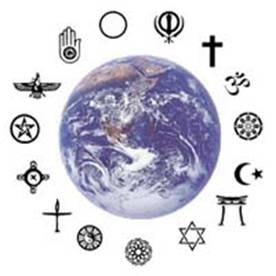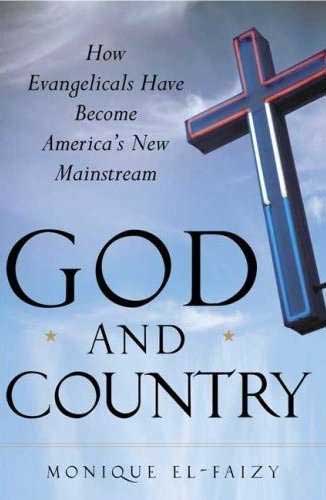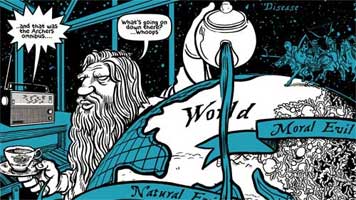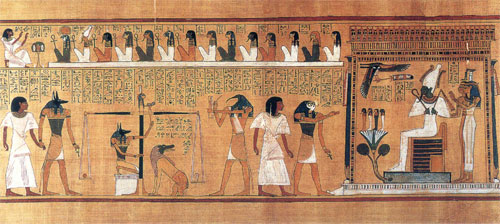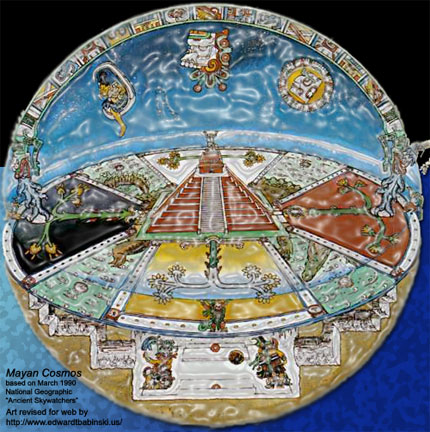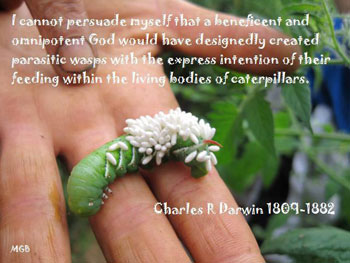
Victor Reppert wrote at my blog…
I asked you [Ed] a yes or no question. Do you believe that the argument from evil proves that God does not exist. If you are consistent in maintaining that philosophy is all a game and proves nothing, then the answer has to be no.
Donʼt you see that the atheist is trying to disprove the existence of God by appealing to the argument from evil? I am asking you whether you think they succeed in doing so.
If I ask you whether or you think an argument proves something, you can answer “yes,” “no,” or I donʼt know. Given the fact that the terms in this discussion are clear, the choices are stark. Stop BSing and make a clear statement.
Dear Vic,
Itʼs moot who is “BSing” whom. (See my original article and comments to Vic here.) Not being an atheist nor a classical theist, my point was that none of us appear to know all we need to know in order to construct convincing (purely philosophical) proofs of things like a “tri-omni God” of classical theism; or prove purely philosophically that we all shall live eternally; or prove what the afterlife will be like; or prove that we know for sure (or even that people believing in the same holy books agree) on all the things we must believe (or do) in order to ensure a positive eternity.
Concerning your second question, on “the argument from evil,” it does not appear to be a matter of denying its validity or asserting it, because one does not even need to construct “philosophical proofs” in order to entertain basic questions concerning “why” the cosmos is the way it is. I personally hope there is more than just mortal life with its pains and then death. Having the brain/mind to be able to foresee my own eventual death, I simply donʼt find the prospect inviting. Neither am I a big fan of sickness, natural disasters, poverty, ignorance, nor the confusion and problems inherent in the very act of attempting to communicate with one another (across boundaries of language, place or culture), as well as across boundaries in communication that arise simply by virtue of not having read the same books, nor met the same people, all of which affect our beliefs.
Neither does it require philosophical “proofs” to express the desire for a life that does not end but continues to grow and flourish, or a desire not to have to struggle so greatly against ignorance, poverty, illness, and acts of nature that destroy, cripple or kill. (Moreover, if the ancient Hebrews, a religious people, could conceive and desire a mythical “Eden” in which people were fed without having to sweat over thorns and thistles, where there was no danger in giving birth, no animals with poisonous bites, no illness, and where everyone spoke the same language, then questions concerning why a physical cosmos more desirous than our own could not have been created “in the beginning,” are not simply the result of atheistic doubts, but remain valid questions humanity has pondered for quite some time.)
A further word on the tri-omni God idea and all the assumptions that lay behind it. I donʼt begin my own search for truth with the notion of a tri-omni God, but simply with an admission of lack of knowledge. But concerning such a God one should note there are “open” theologians who cite the Bible to argue that God is not necessarily revealed as being tri-omni, but who consider that God might not know everything. If so that might make the problem of evil less of a problem.
The “free will” defense seems less convincing as a possible solution, because nature presumably got along without human “free will” for hundreds of millions of years, i.e., long before humanity showed up, God was perfecting the ways and means of nature, including carnivorism, diseases, natural disasters, along with the inevitability of death of every individual living thing. Moreover, the presumed attributes/definitions of a tri-omni God that combine “absolute freewill” with “absolute goodness” is a mind boggler. (Doesnʼt sound like any definition of “freewill” that human beings know about, since for us it is defined as involving a genuine choice between “good” and “evil.” Neither has anyone proven that the “will” of human beings is “free” in a libertarian philosophical sense, but the tri-omni God philosophers have zipped past that unanswered question and already claim to be devising “proofs” regarding matters pertaining to things about “Godʼs will.” How imaginative of them!)
It also remains questionable just what the “good” is in various cases—because a theologian can simply pluck imaginatively from various dogmas, even competing dogmas about “God,” and claim in each case that such dogmas illustrate what is “good” about God. For instance, Godʼs commanding of the slaying of the Canaanite children has been interpreted by some theologians as “good” in the sense that God was sparing those childrenʼs souls from growing up, falling into sin and going to hell, by instead sending them to eternal bliss via the blessing of a bloody sword, and thus Godʼs character as “love” was demonstrated. But Calvinists and other teachers of the classical Augustinian doctrine of “infant damnation,” interpret the slaying of the Canaanite children as being “good” because God wished to demonstrate his character as “judge,” including children, including sending them forthwith to eternal damnation. Itʼs all “good” depending on oneʼs interpretive theology!
Talk about theology being a wax nose!
I didnʼt even mention the third alternative according to the Catholic tradition of “limbo” for dead unbaptized children, which was viewed as “good” by Catholics for over a thousand years (though I read about “limbo” being abolished just this year at a recent church council, or close to being abolished?). Limbo kept the unbaptized infants at a distance from Godʼs holiness, but not deserving of eternal hellfire.
So weʼve got three definitions of what was “good” about God commanding the killing of everything alive in cities that refused to submit and become Israelite slaves. And different Christians seem quite content to always come up with their own excuse (read, “guess”) for why they believe such commands and actions were “good.”
Itʼs also “good” no doubt for a tri-omni God to ensure that a high percentage of the young of every species on earth provide food for viruses and bacteria—as they have for hundreds of millions of years right up to the present.
In short what I am saying is that I begin with features in the cosmos that we all know and can agree upon relatively well, and also begin with some “good” desires that many share, rather than seek to justify every last command and activity of “God” as described in various “holy books.” I also share many basic hopes and fears that both atheists and religionists share. So I think I am asking some plain questions.
I reiterate, we live in a cosmos that already has “good” and “evil” as well as plenty of grey areas in between. Philosophy (especially philosophy of religion) seems to want to take these notions that we have gained from living in this cosmos of mixed blessings and death of all living things, and strain out everything in this cosmos that we donʼt like, and try to begin with assumptions that are all “good” (again, depending on what definition of “good” you are using vis a vis “God”). But that means that “philosophy” (especially philosophy of religion) then has the unenviable task of explaining how everything began “perfect good,” but led to the cosmos we all know where everything dies and even the things we desire most seem mixed blessings (including the hope of converting everyone else to our own view).


